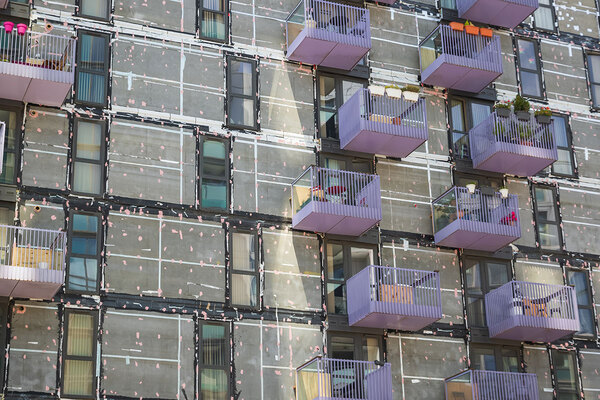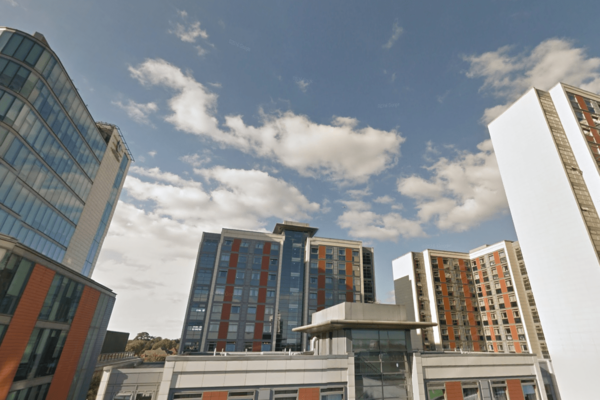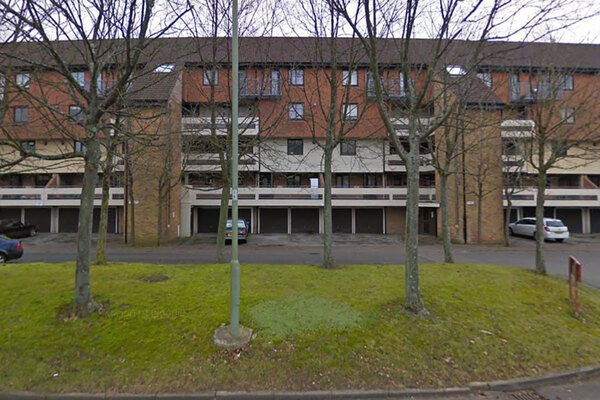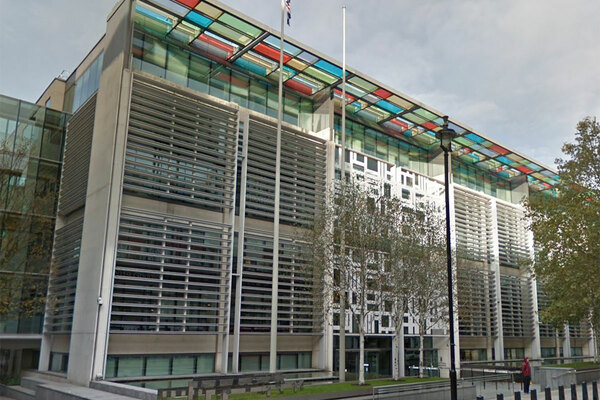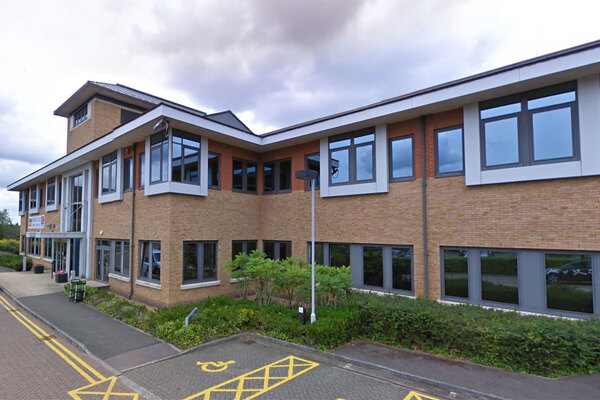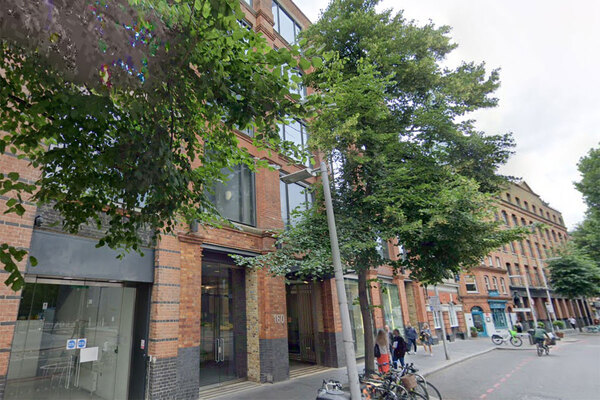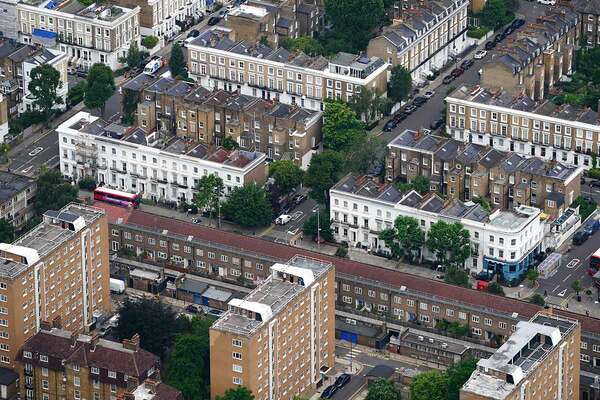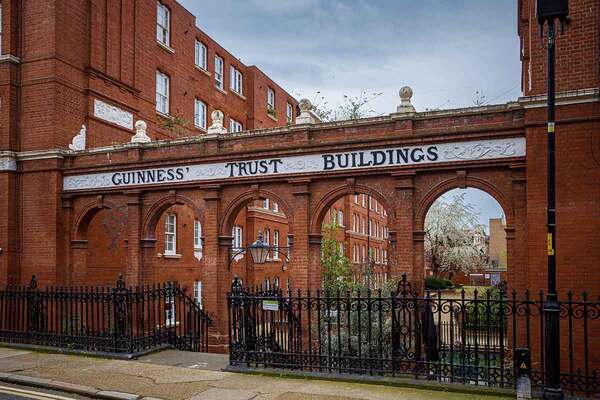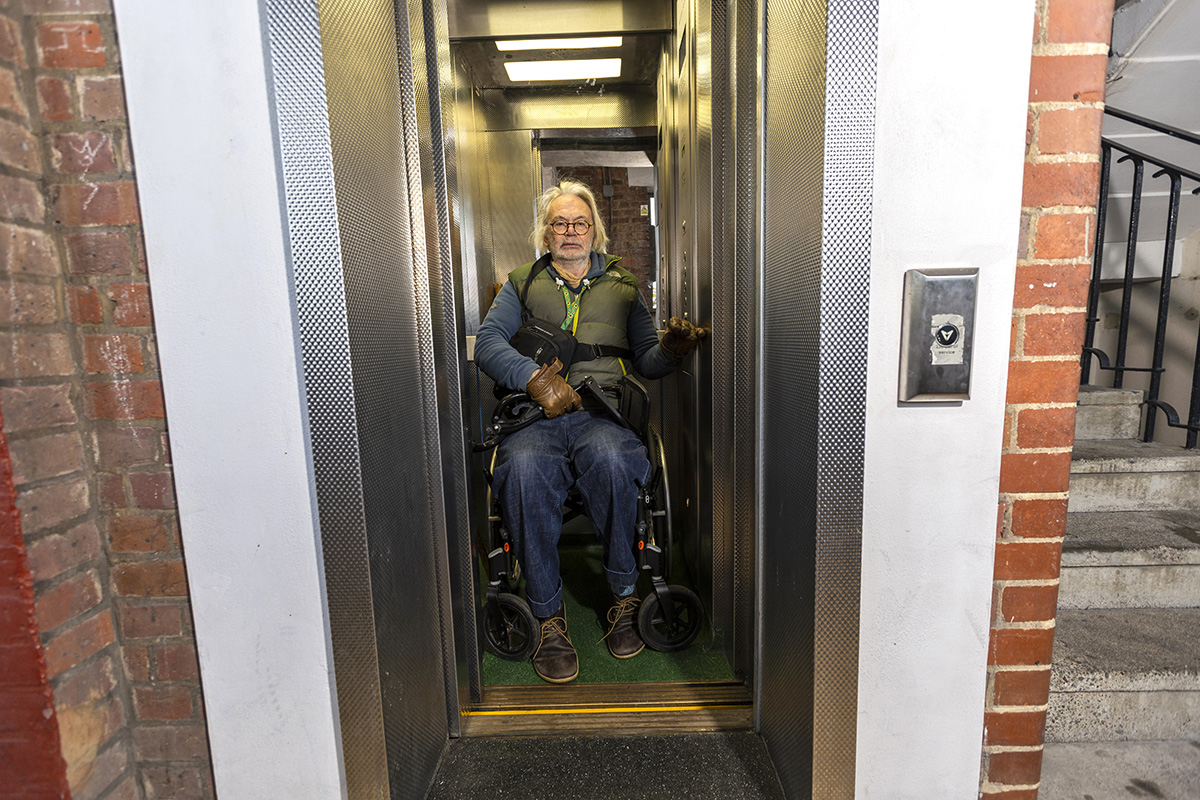You are viewing 1 of your 1 free articles
Landlords must do more to consider individual residents’ circumstances with cladding complaints, says ombudsman
The Housing Ombudsman is urging landlords to better consider people’s individual circumstances when dealing with residents affected by the cladding scandal, as part of a report looking into how landlords deal with cladding complaints.
In a report published today, the ombudsman has highlighted three areas where it said landlords can improve when dealing with cladding complaints: adapting to individual circumstances, creating long-term compliance plans and improving communication.
The report is largely focused on social landlords’ responses to leaseholders and shared owners seeking to re-mortgage, staircase or sell, as this is the area that the ombudsman said it receives the most complaints about.
Between October 2019 and March 2021, the ombudsman said it considered 64 complaints on these issues, with 17 entering its formal remit for investigation and maladministration found in 88% of these cases.
In terms of adapting to individual circumstances, the ombudsman said that social landlords “have prioritised their remedial programmes based on the fire risk posed to their residents”.
While the ombudsman said this approach is “entirely rational” in the first instance, it said doing so means “landlords have at times been too slow to recognise and act on the human impact” of cladding issues on residents.
It urges landlords to ensure that their policies and procedures, for example around reverse-staircasing, buy-backs and sub-letting, are adaptable to individual situations.
The ombudsman is also asking landlords to “review their long-term compliance plans and consider how broader impacts are accounted for, such as those on leaseholders and shared owners”.
Residents should be provided with a clear roadmap, including realistic timescales outlining landlords’ long-term compliance plans, the ombudsman said.
On communication, the ombudsman said: “Landlords must ensure that they are proactive in providing appropriate and timely updates on a regular basis, at least once every three months even where there is little or no change.”
They must also make sure they respond to specific issues being raised by residents rather than issue “generic” responses, the report added.
Housing ombudsman Richard Blakeway said: “At the heart of the cladding crisis there exists extreme unfairness – and residents, through no fault of their own, will feel this sense of injustice most. In our decisions we have been clear about what it is reasonable to hold social landlords responsible for, but however difficult the situation is for landlords it is infinitely worse for any resident living in a home affected by this crisis.
“Our casework reveals the extraordinary lengths residents are taking to overcome the barriers preventing them re-mortgaging, staircasing or selling – and central to our report is concern about residents’ individual circumstances being lost because of the enormity of the challenge facing social landlords.
“The building safety crisis is broad and I am acutely aware that the limitations of our jurisdiction mean in this situation our remedies may not always provide complete resolution. Yet our decisions can make a difference and ensure a resident’s voice is heard. The purpose of this report is to extend our recommendations further, to the benefit of far more residents.
“Every social landlord whose residents are affected should consider the actions in the report. I would urge senior leaders to discuss them at their governing body and share their response with their residents.”
Sign up for our asset management newsletter
Already have an account? Click here to manage your newsletters
